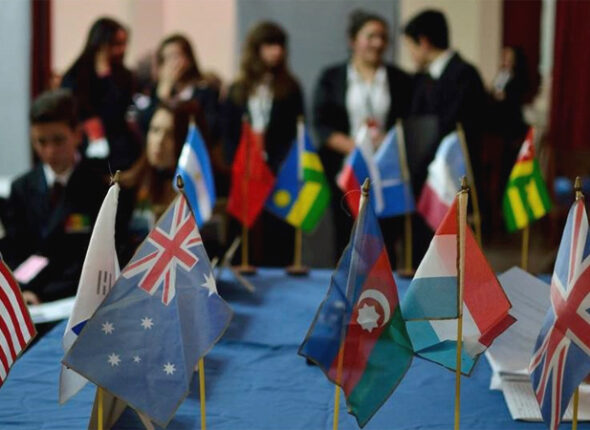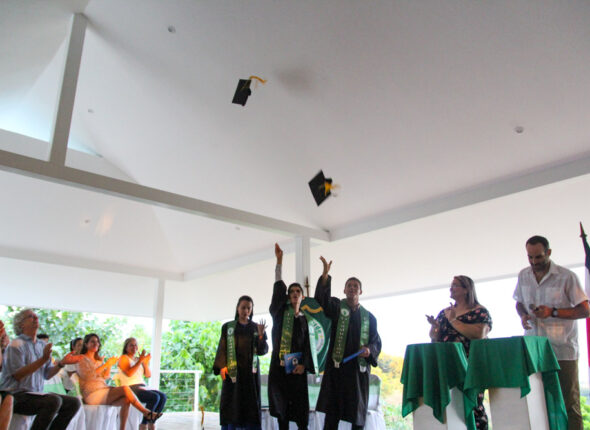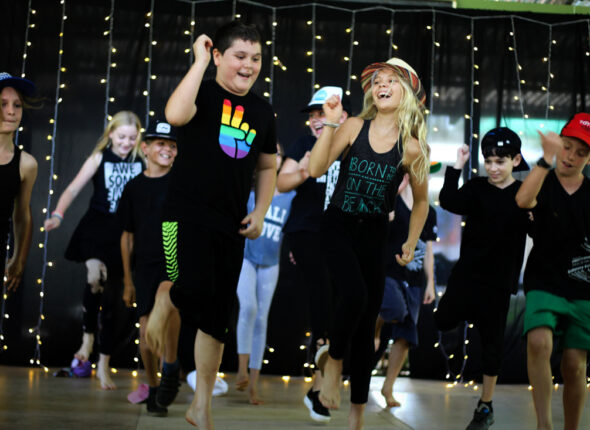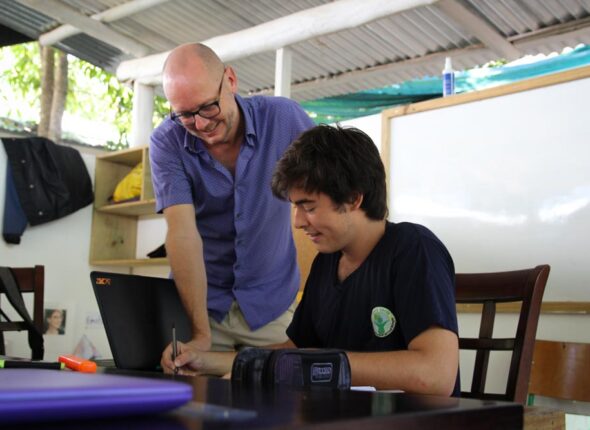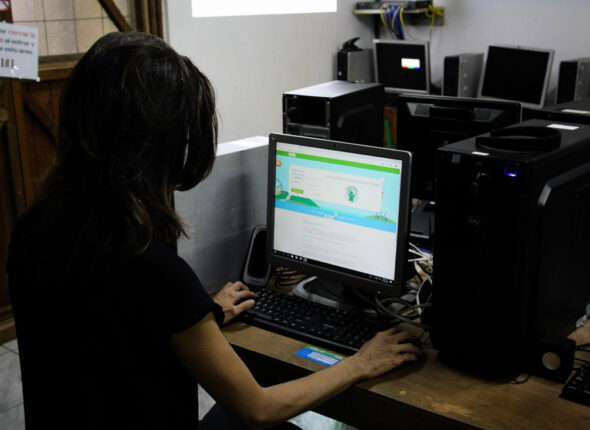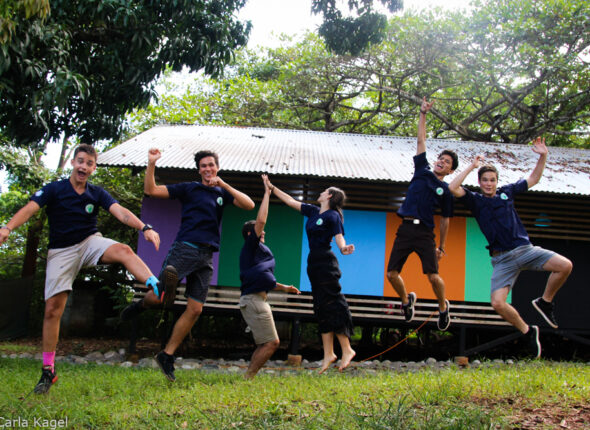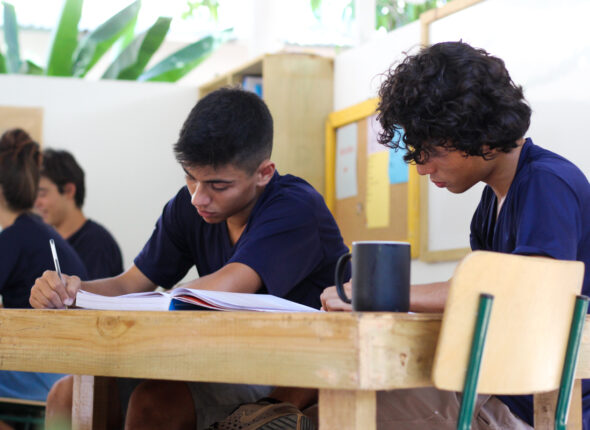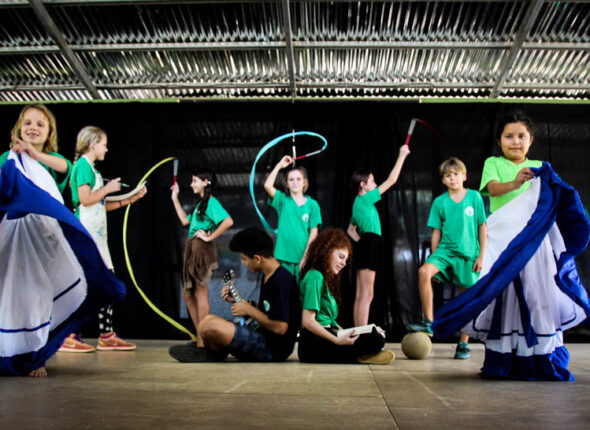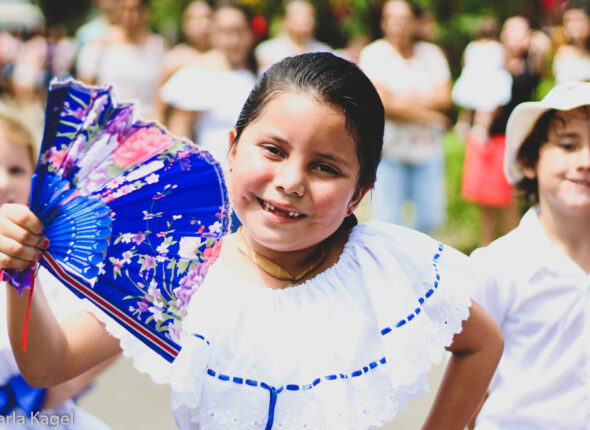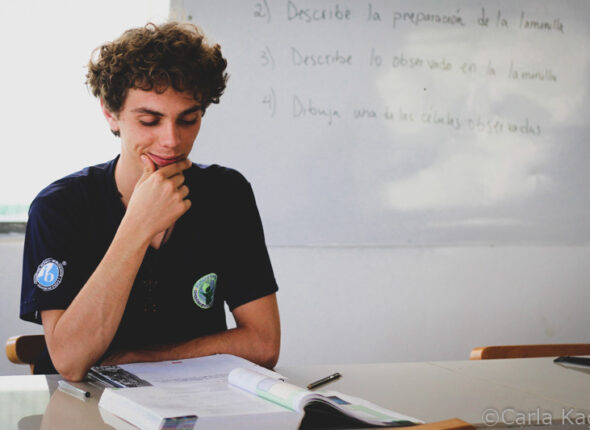New Extracurricular Programs! Model United Nations and Youth Ambassadors
This year brings new experiences for high school students as two big opportunities for cultural and global learning are coming…
Futuro Verde Launch Scholarship
On December 19th, 2019 our first IB generation graduated, what an exciting day for everyone! Even more exciting is the…
End of Year Events
The end of the year is always a busy time for everyone and school life at Futuro Verde is no…
A strong teacher base leads to assessment success!
October is a busy month in the International Baccalaureate calendar for schools on a November exam schedule such as Futuro…
New Curriculum Support: IXL
Futuro Verde is very excited to begin implementing a new curricular support which is a learning platform for math called…
Student fundraising
11th grade is hard at work, raising funds for their upcoming trip to Guatemala at the end of November. Students…
11th Grade Costa Rican National Exam Preparation
At the end of this month, our eleventh-grade students will take the Social and Civic Studies examinations of the Costa…
Futuro Verde: We Take the Best of our Diversity to Live in Harmony
Over the course of this year I will be sharing with you reflections on our school’s core values. My article…
Independence Celebrations – Preparations and Participation
During the month of September, at the same time as our fellow Central American nations, we celebrate our country´s…
The countdown has started!
On the morning of November 4th, 2019 our first cohort of IB diploma students will start their exams. Exams are…


